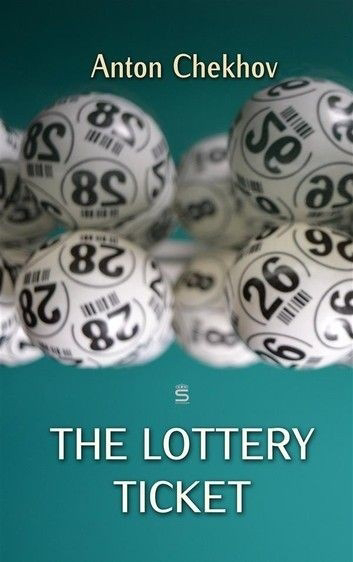1. **Introduction**
- "The Lottery Ticket" is a short story written by the renowned Russian author Anton Chekhov.
- This story, first published in 1886, explores themes of human nature, greed, and the impact of sudden wealth.
2. **Characterization**
- The story primarily revolves around the Ivan Dmitritch and his wife, Masha.
- Ivan is portrayed as a typical middle-class man with modest desires, content with his life.
- Masha, his wife, is characterized as more imaginative and prone to daydreaming.
3. **The Lottery Ticket**
- The central plot device is the lottery ticket purchased by Ivan. The anticipation of winning the lottery changes the dynamics of their relationship.
4. **Greed and Materialism**
- As Ivan and Masha contemplate what they would do with the winnings, they reveal their inner desires and greed.
- Ivan dreams of buying a forest and becoming a landowner, while Masha envisions a luxurious lifestyle.
- The story highlights how the prospect of wealth can corrupt one's values and disrupt harmony.
5. **Ivan's Transformation**
- Ivan's character undergoes a transformation as he starts believing that the ticket might be the winning one.
- His demeanor changes, and he becomes increasingly preoccupied with the possibilities, losing his former contentment.
6. **Imaginative Escapism**
- Masha's imaginative nature is depicted through her fantasies of wealth, revealing the human tendency to escape from reality through dreams.
- Her dreams serve as a contrast to Ivan's growing obsession with the lottery.
7. **The Turning Point**
- The turning point of the story is when Ivan checks the newspaper for the lottery results.
- The suspense and tension build as Ivan matches the numbers and realizes he did not win.
8. **Disillusionment**
- The story illustrates the theme of disillusionment as Ivan's dreams crumble.
- He is left disappointed and with a sense of emptiness, realizing that the imagined wealth was nothing more than an illusion.
9. **Marital Conflict**
- The story explores the strains on Ivan and Masha's marriage caused by their differing reactions to the lottery ticket.
- It reveals how materialism and greed can erode the bonds of love and trust.
10. **Irony**
- Chekhov employs irony throughout the story. The title itself is ironic, as the lottery ticket brings more misery than joy.
- The story's conclusion is ironic as well, with the couple returning to their ordinary life, but with a newfound understanding of their desires.
11. **Social Commentary**
- "The Lottery Ticket" can be seen as a commentary on the societal obsession with wealth and the fleeting nature of happiness derived from material possessions.
- Chekhov criticizes the idea that sudden wealth can solve all problems and lead to everlasting happiness.
12. **Conclusion**
- Anton Chekhov's "The Lottery Ticket" is a thought-provoking short story that delves into the complexities of human nature, greed, and the consequences of unfulfilled dreams.
- Through the characters of Ivan and Masha, Chekhov masterfully portrays the fragility of contentment and the destructive power of materialism.
- The story serves as a cautionary tale about the pitfalls of fixating on wealth and the importance of appreciating the simple joys of life.
In conclusion, "The Lottery Ticket" remains a timeless work that invites readers to reflect on the ever-relevant themes of ambition, disillusionment, and the true nature of happiness. Chekhov's storytelling prowess shines through in this engaging narrative, making it a classic piece of literature that continues to resonate with audiences today.






No comments:
Post a Comment